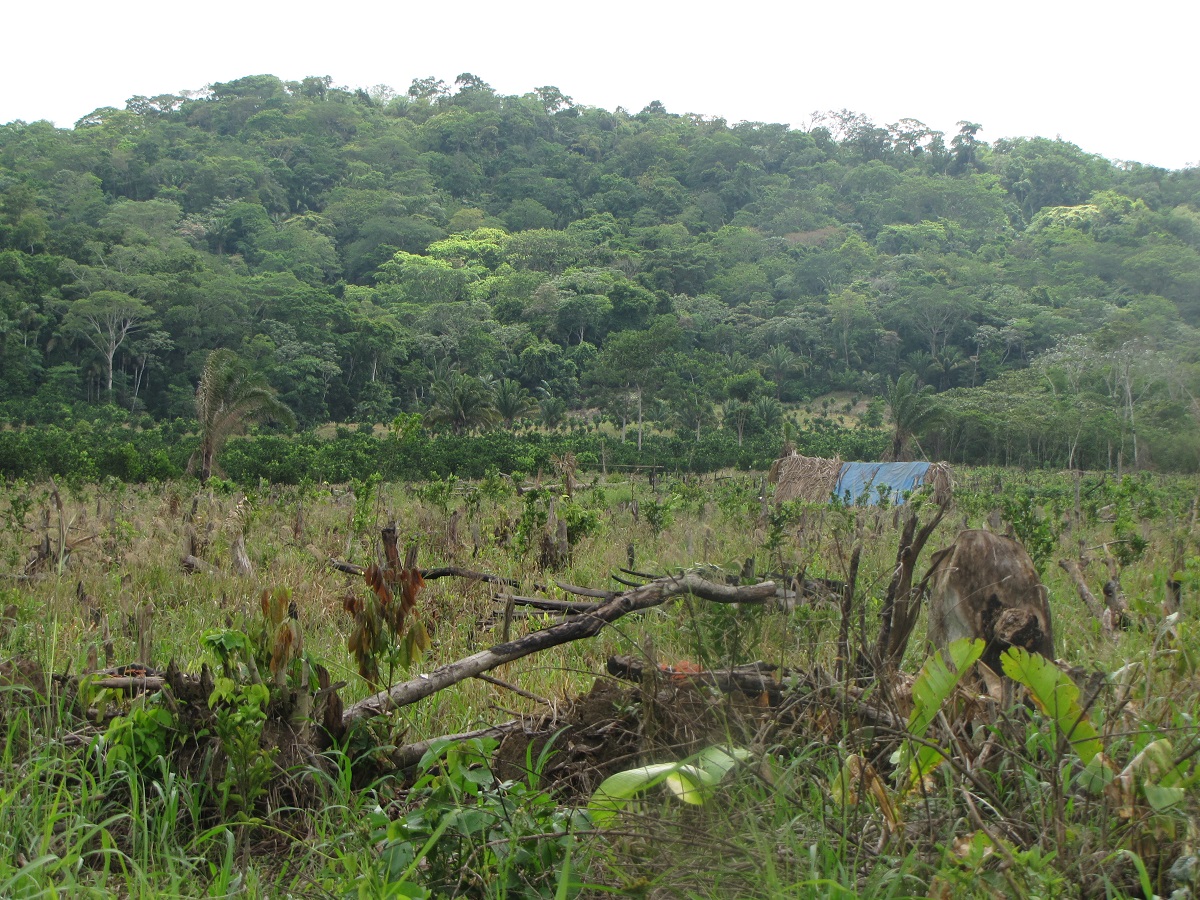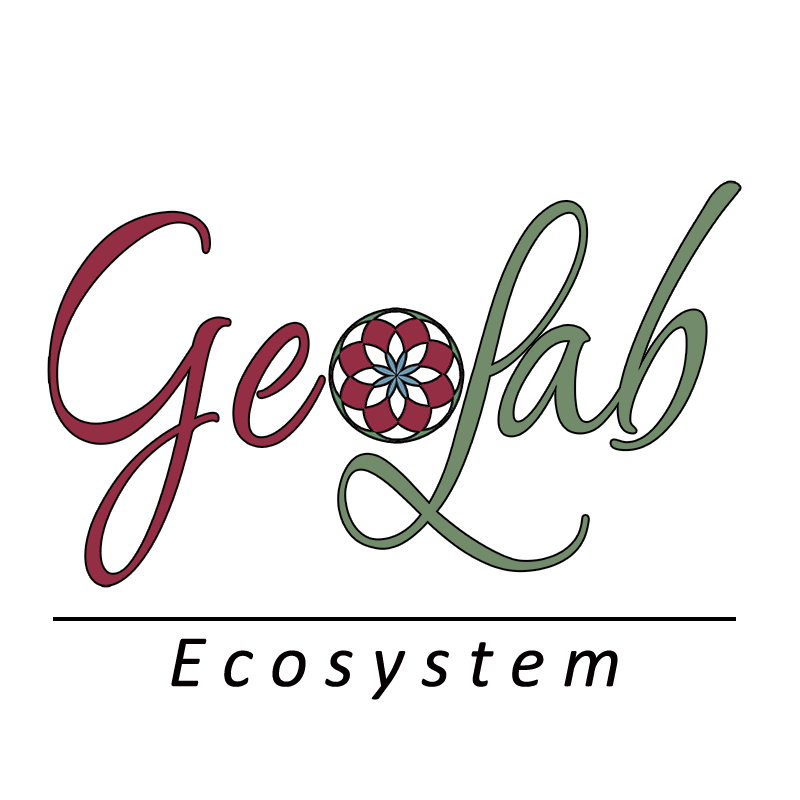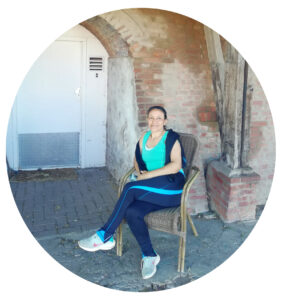Geo-Lab ecosystem is an integral and autonomous laboratory for research, development, and dissemination based on nature, led by ecologist and agroecologist Geovana Carreño Rocabado. The initiative arises from more than 25 years of experience in various areas of basic and applied research, as well as advisory work in local and international consultancies.
It emerges from a creative need as an alternative to formal research systems, especially in contexts where such systems lack sufficient resources or support. It also stands as an alternative way to contribute to biodiversity conservation through complementary approaches to sustainable, triple-impact business models.
Geo-Lab brings together three main areas of action: applied science, storytelling (narrative), and goldsmithing, seeking to combine the scientific, the aesthetic, and the narrative to generate accessible and inspiring knowledge. An important component of Geo-Lab’s work is to enrich its activities and products with expressions of visual and narrative art.
Geo-Lab aims to build a collaborative and horizontal structure in which local (Bolivian) and international researchers can develop projects focused on conservation, sustainable management, and science-based production.
Objectives
- Strengthen and create conditions for local and external researchers to contribute to the generation —and, most importantly— the application of scientific evidence in conservation, management, and sustainable production projects that are socially equitable and environmentally just.
- Build a collaborative action-research structure, where together we can develop research lines that go beyond the constraints imposed by funding opportunities.
- Integrate visual and narrative art as a complement to building and scaling up efforts for conservation and sustainable use of biodiversity.
Working Principles
Scientific security and sovereignty are fundamental for societies to achieve urban and rural development that respects ecosystem capacities, sustainable livelihoods, and cultural diversity.
Having scientific information that is available and accessible —and developing the capacities and conditions to know how to use it— are key dimensions for achieving scientific security and sovereignty.
I aim for my projects to always consider these three dimensions
1) INFORMATION AVAILABILITY
This involves identifying knowledge gaps and generating scientific information that is replicable, verifiable, and applicable to specific contexts.
Improving availability also means empowering ecologists, agroecologists, and local technicians to carry out their own research.
2) INFORMATION ACCESS
Information often exists but is not accessible due to weak professional networks, overly complex communication for certain audiences, or institutional limitations that hinder dissemination.
In my work, I will promote and facilitate networks between local and international researchers and seek ways to translate and interpret scientific information into clear, simple, and visual language.
3) USE AND APPLICATION
Information may be available and accessible, yet it is not always used —or users may prefer unreliable sources.
Sometimes, even those who wish to use it struggle to analyze or assess its relevance and accuracy.
One of the main focuses of my work is to support and train young researchers, helping them strengthen their abilities to search for, analyze, generate, and use reliable scientific information from verified sources.
Geovana lider of Geo-Lab
For several years (more than 20), I have been driving different initiatives that have allowed me to work autonomously, yet collaboratively, on urgent, important, and necessary issues related to environmental sciences.
From my background as a researcher, ecologist, and naturalist at heart, it has been a challenge to maintain this line of work and way of life with dignity.
Living in a country like Bolivia —where research is not a priority and the scientific career offers very few opportunities both inside and outside academia— pushes us to be creative and to think “out of the box” in order to move forward and make our dreams come true.
Encouraging myself to build my own laboratory reflects my professional ambition to – why not?- achieve this goal outside conventional systems.
After all, innovation arises from the needs that context presents and from the expectations we hold in our hearts.
Here I go again, giving it another try… April 2025.


